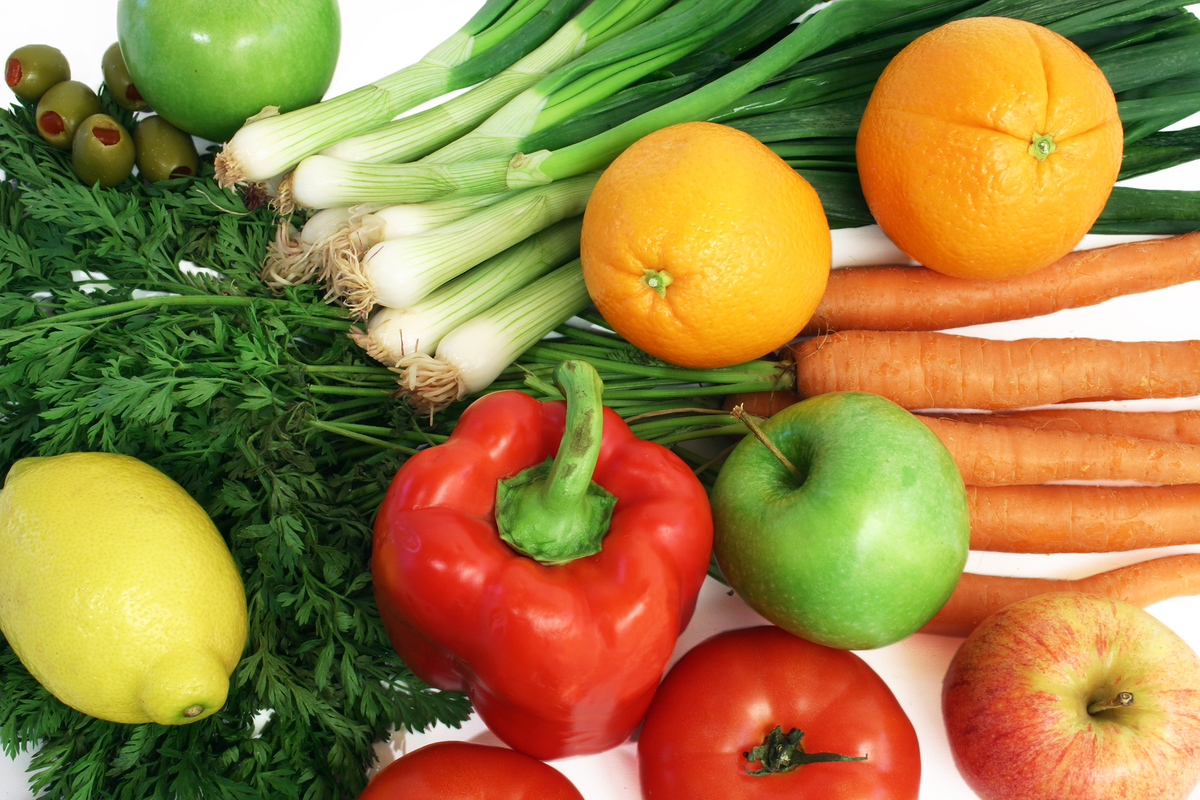As our society becomes increasingly aware of the consequences of eating meat, more and more people are converting to a vegetarian lifestyle. In Canada, between three and 10 per cent of people classify themselves as vegetarian, and the trend is increasing among the younger generation. Here, we take a look at the different reasons people have considering a vegetarian diet.
Meat is an excellent form of protein and provides many nutrients including iron, zinc, phosphorus, omega-3s, Vitamin B12, and selenium. However, it’s saturated fat content and lack of fibre makes meat more of a hinderance than a benefit to a diet, and non-vegetarians often face increased levels of cholesterol. Because of this, meat eaters have faced a 24 per cent greater chance of getting cardio vascular disease.It’s difficult for the body to digest meat to begin with, and the process requires fibre. Ironically, meat itself offers very little in the way of protein, and most of it cannot be absorbed by the digestive system any way.
One of the greatest misconceptions in the realm of vegetarianism is that veggie-only eaters are weak, small, and unhealthy. However, some of the most powerful creatures in nature are vegetarian: elephants, hippos, rhinos, cattle, horses, and of course, Georges St. Pierre—the famous Quebecois mixed martial artist. Vegetarian diets do have their drawbacks, however. Vegetarians suffer from deficiencies in iron, protein, Vitamin B12, calcium, zinc, and other nutrients. These problems are easily remedied if proper care is taken to consume a balanced and complete diet full of colourful vegetables, legumes, nuts, soy alternatives, and other appropriate supplements.
Meat is a major industry, so the focus is not necessarily to produce healthy meats, but to get the biggest bang for your buck. Cattle are regularly pumped full of hormones to stimulate growth and milk production. This treatment is illegal in the European Union, but not in North America. This is especially a problem in supposedly healthy ‘lean’ versions of meat, as growth hormones increase the amount of lean muscle, and decrease the amount of fatty deposits. Animals are also sometimes fed low-grade scraps—just enough to keep them alive. Finally, animals are housed in small, unnatural environments, and are prone to stress, which instills a variety of possible health risks to the consumer.
Vegetarians are not fully immune to these health risks. There are agricultural issues of pesticides, soil nutrient depletion, contamination , bacteria, and genetically modified foods. These factors contribute to the mass production of nutritionally poor fruits and vegetables, which can also compromise the consumer’s health.
The transfer of energy through the food chain from solar energy all the way up to humans becomes less efficient with each step. It takes 22 times as much land to feed a meat eater — all that land is required to house, feed, and water cattle. It takes 13 times more water to feed an omnivore than a vegetarian, since animals have to drink too! Besides consuming food and water, livestock are responsible for 18 per cent of greenhouse gas emissions. This is much more than that contributed by all the cars, trucks, and vehicles combined.
Based on the above evidence, it is clear that meat is a luxury, something delicious to prepare but which can bring with it some detrimental health effects. For this reason, some choose to consume a plant-based diet, which can provide all the nutrients offered by meat products. I suggest limiting one’s intake of meat to special occasions and those absolutely necessary days of craving. Try to practice making vegetarian meals—you might love it!







